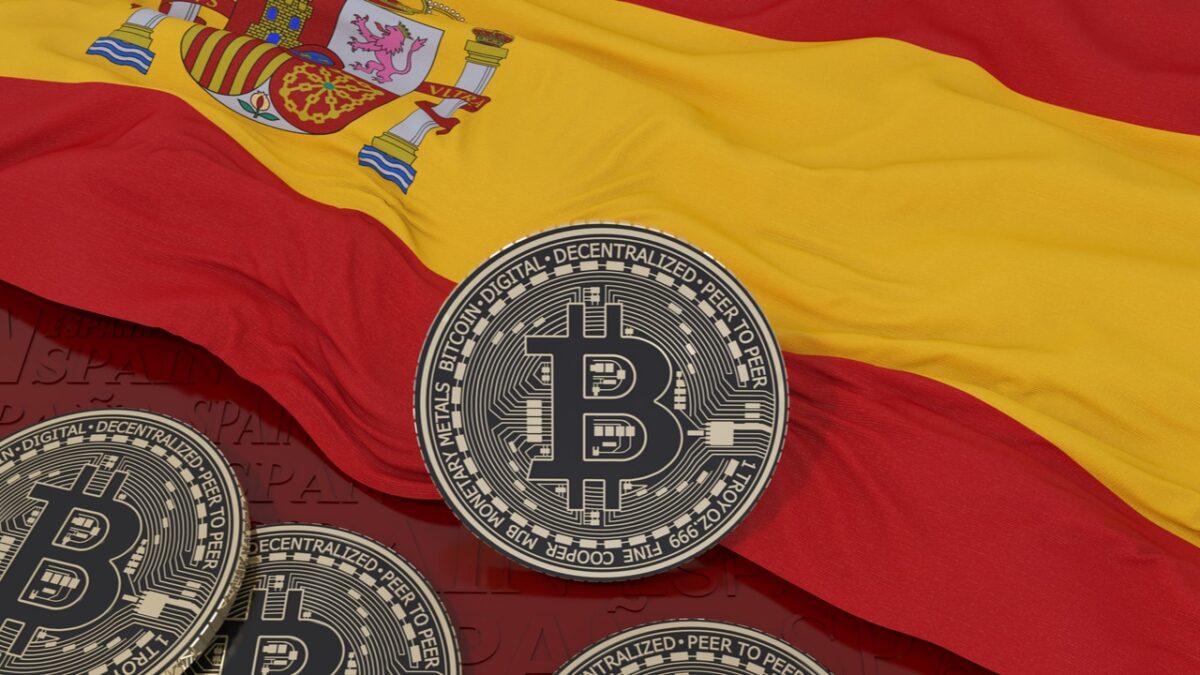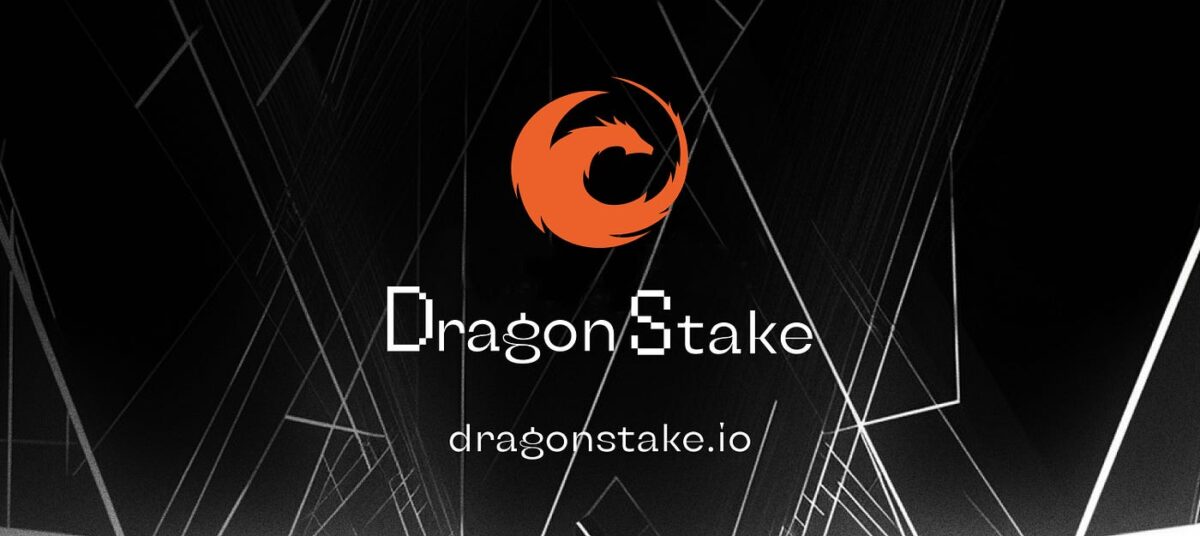Bitcoin is a decentralized electronic currency, the first in a long list and a milestone in the world economic history. The concept is not difficult to understand: someone invents electronic tokens and makes them available to everyone by selling them for "normal" money or by teaching them how to "mint" them. In principle, it all comes down to this: the chips have the value that people want to give them according to supply and demand. Those electronic tokens can then be used to exchange them for goods or services, just like any other form of money.
The above is a simple explanation but the concept goes much further. Let's see some of its main characteristics:
- Electronics: because Bitcoin, in principle, does not exist as a physical object. Every Bitcoin or fraction of Bitcoin is a unique string of bytes or alphanumeric characters that are interpreted by special software that we call a wallet or purse.
- Decentralized: there is no central body that issues or controls them. This feature is definitely innovative since somehow democratize money that, until now, it was always something controlled by certain organisms or economic elites.
- Limited- The rules of the Bitcoin game are clear and transparent. They will only exist 21 million Bitcoin (not all have been created yet). This means neither more nor less than the more people use it, the more value it will have with respect to currencies that are created indefinitely such as the Euro or the Dollar.
- Unforgeable- The creation of Bitcoin is carried out by solving complex cryptographic (or mathematical problems, if you prefer). All transactions are recorded in hundreds or thousands of "ledgers" that must be exactly the same. If by some artifice I create or transfer some Bitcoin that is not reflected in those account books distributed all over the world, simply my "Bitcoin" will not be accepted and, therefore, it is virtually impossible for me to do this trick.
- Private- My Bitcoin wallet generates a series of public addresses to which anyone can send me coins. Those addresses are a series of virtually unrepeatable letters and numbers. Such addresses can be known to anyone since they only serve to send me Bitcoin, more or less like the number of my checking account in a bank. Unless I publish that that address belongs to me, no one can know that it is mine. Therefore, Bitcoin offers a high degree of privacy although not necessarily complete anonymity. On the other hand, a Bitcoin wallet can generate a large number of addresses all of which will allow the coins to reach my wallet. In other words, it is possible, if you want, to generate a different address for each transaction, which means that privacy is remarkably high.
- Segura: It is difficult to lose your Bitcoin with simple basic security measures. If you have read news about theft of Bitcoin, I suggest you notice that all of them refer to bitcoins guarded by third parties or serious oversights with the most elementary security measures that are required to handle an electronic wallet such as not keeping a backup copy in a safe place or forget the password. The problem of forgotten passwords is not uncommon, as you know, in any of the areas of virtual life for many people. Learning to use strong passwords and using methods to keep them safe is something that we have not yet properly internalized. With a simple culture in this sense, you can be sure that your Bitcoin is much more unmissable than the banknotes that you handle daily.
- Transparent: because the Bitcoin code is a open source that everyone can review and because its operation is clear and cannot be arbitrarily changed. The transactions can be seen by anyone, although, as I said, it is not easy to trace who made them. Think of it as a large room filled with small safes with a small slot. Each small safe is a purse. In that room there are cameras everywhere. When I want to send Bitcoin to another person, everyone can see what I am doing but it is as if I was doing it with a mask that does not allow me to be identified. What everyone can see is that someone walks into the room, opens a safe, takes out a number of coins that also everyone can see, and then goes to another safe and puts the coins through the slot .
- Irreversible. - Once someone sends me Bitcoin, the process is practically irreversible. This means that when a transaction has been made there is no going back; with some nuances as we will see in future articles. What is clear is that Bitcoin transactions are much safer (and faster) than a bank transfer or payment systems such as Paypal.
- Independiente: you are your own bank. When you install a Bitcoin wallet there are no third parties to control it, with the exception of certain types of online wallets offered as a service. You are responsible for keeping a backup copy that allows you to regenerate your wallet in case of loss or damage to the electronic device in which you have installed it. Perhaps it is something that we are not very used to since until now we have entrusted our financial life to certain banks. But this is a very groundbreaking point. This independence really confers a high degree of security if we understand how it works.
What is Bitcoin for?
As you can see from what you have seen so far, Bitcoin serves like any other currency, to convey courage and confidence. Value because each Bitcoin has it, higher or lower, compared to other currencies with which we are more used to using as a reference of what things cost. Trust because if you give me a Bitcoin I have the confidence that I will be able to use it to acquire things or as a simple store of value; that is, to save it for the future, trusting that it continues to have a value that allows me to exchange it for goods or services.
Ultimately, Bitcoin is a currency and can be used exactly the same as any other currency that really has some value.
But what gives Bitcoin value?
We usually think that coins or banknotes are desirable because they represent some tangible value. At some point in the economic history of the world this may have been the case. For example, when coins were made of some interesting metal, the coin itself had the value that we attributed to that metal (gold or silver, for example). Later, the money came to represent tangible values stored by the issuing entities of those coins or bills. But today we talk about fiat currencies, trust-based money. The way money is created is usually very obscure or at least not very transparent to the people who use it. How many Euros are there in circulation? How are they created? What criteria are used to inject Euros into the system? If the rest of the countries trust the money of the European Union, everything works, despite the opacity with which everything happens for the ordinary user. But imagine that, for example, China does not want to accept more Euros and demands that it be paid with dollars or other currencies. The loss of confidence in the Euros would mean its collapse. With Bitcoin all of those variables are perfectly clear and can be easily understood by just digging a little deeper, just like we are doing right now. Actually, Bitcoin does not represent any value other than what we want to give it. When Bitcoin was created, its value was virtually zero. This happened just 8 years ago. So some very crazy people, seeing that it seemed like an interesting concept, we acquired those first bitcoin. We did it, perhaps, somewhat shyly so that no one would know that we were spending "real money" to acquire electronic nonsense. But the value of Bitcoin is conferred by its use. It is the people who believe in it and use it that give it value. A process that is a mix between the purely speculative and the real use. To the extent that I can use it as a store of value and to acquire other things, Bitcoin is money. As this confidence is fluctuating and the Bitcoin market is not yet as large as that of the main centralized currencies, it can be seen that its value sometimes oscillates very sharply making it remarkably volatile. But also, if you look at how it has behaved in these 8 years, it has not stopped increasing.
Resounding rises and falls has already had a few, although each time its price has shot up and then fell sharply, it has always been above previous values. It is logical; remember, it is a rare currency: there will only be 21 million Bitcoin and, despite everything, some will have been lost along the way. In other words, the more people are interested for Bitcoin its value will tend to get bigger and bigger. What would the ceiling be? No one can tell. If 8 years ago it was practically zero and now it can be around 10.000 euros, it is difficult to know what level it will be in 5 years from now.
Should you invest in Bitcoin?
In my opinion the real value of Bitcoin would be based on be able to use it as a currency. But its usefulness is not negligible either as a store of value. Of course, it is more practical than keeping gold bars or a valuable collection of stamps. It may not be as pretty or something you can cherish like a treasure but it is definitely valuable. Like all investments in life, it has its point of risk. If you think about it, you can imagine a thousand disasters. But your gold bars can be stolen, or even a huge reserve of gold can be found and its value drops significantly. And if we imagine larger disasters, the world situation may become complicated (even more) and that gold ceases to be something interesting. Postage stamps, on the other hand, are susceptible to numerous mishaps.
In any case, you can imagine that a global disaster could make the Internet disappear and, therefore, the possibility of using Bitcoin. In that case, better if you have land to grow vegetables. I do not know, the fears I will never get rid of you but, for now, Bitcoin seems a fairly safe value if you have correctly internalized its fundamental characteristics. True, there will always be stories that temporarily panic the fickle markets; but those don't particularly concern me. Bitcoin is almost a valuable brand, like Coca Cola or Nike. It seems that it will be difficult for him to stop being present for years to come.
But I think it is too late to invest in Bitcoin
It is never late if happiness is good. When Bitcoin cost 100 euros a lot of people I considered that I had already missed the train and that a few Bitcoin was no longer worth having. After all, the price seemed excessively high. It hasn't rained much since then; not only because of the drought but because it was not that long ago either. Perhaps many people cannot think of acquiring a Bitcoin but since it is fractional up to one hundred millionth part, fractions can be acquired at any time. If you can't have a one kilo gold bar, you can always buy a few grams.
And what about the other decentralized currencies?
Many others have come after Bitcoin. Bitcoin has been a starting point, an intelligent creation that, being open source, has allowed the idea and the code itself to be used to develop variants. Some of them are frankly very interesting. There are currently thousands (literally) of decentralized electronic currencies. Some of them are being used as currency and others are the basis for fascinating projects. There are also very stupid ones; some were even born as a kind of joke but, you know, people are the ones who give them their value. There are coins that undoubtedly improve on Bitcoin, but they are not yet as famous. The future seems bright despite the chaos of seeing so many of them. If until now it was difficult for you to assimilate the concept of Bitcoin and, I hope, from today it is clearer to you, seeing so many others (Litecoin, Monero, Dash, Ether, Faircoin, Dogecoin...) can even make you dizzy. But don't worry, almost all of them They are interesting projects and not a few already work in real life. We will have to get used to it. The truth is that several dozen of them will be used more and more and they are here to stay. Perhaps this chaotic feeling will be resolved in different ways. On the one hand, people will calmly assimilate that we can use several of them. Just as someone installs WhatsApp and Telegram and some other apps, having multiple wallets is not that much of a hassle; or use one that allows you to have several currencies at the same time. At the same time, there are services that make it easy to pay and collect in various types of currencies and make changes "on the fly" so that a store receives the currency it wants regardless of which one the buyer has paid with. There are many solutions but, above all, there is the infinite human capacity to adapt to changes even if they happen in such a dizzying way.
Somehow all this will have to be regulated
Bitcoin has opened the doors to a sea of concerns for organizations and States that, until now, they had a monopoly on money. Nobody could think a few years ago that Bitcoin and everything that has appeared since would be such a success. The possibility of using decentralized money makes it easy for many people to stop paying taxes. And, trust me, this is a difficult matter to resolve. It has been a long time since it has been about fighting against hacking and until now there is no really effective solution. Bodies seeking to regulate and / or ban generally go many steps back from the collective intelligence behind open source ideas.
On the one hand, it is possible establish regulations on companies offering services related to Bitcoin insofar as said companies are physically and fiscally located in a territory. But this represents a small part of the matter. For example, you can try to regulate the activity of exchange houses that allow you to buy and sell Bitcoin and other cryptocurrencies by requiring that their users be fully identified. But this will affect those companies whose headquarters are in certain countries. Meanwhile, others are appearing in places with more lax or permissive legislation. In addition, the emergence of markets or decentralized exchanges whose regulation is as unlikely or difficult as the p2p file exchange services based on Torrent and other protocols is imminent.
It is virtually impossible to control transactions made from one person's wallet to someone else's. Thus, regulatory bodies have a long way to go while the invention of new methods and systems runs much faster.
Using Bitcoin does not necessarily mean that things are done outside the law. If someone wants to declare their income in electronic currencies or declare their increase in equity due to the increase in the value of the digital currencies they own, they can do so easily. Having Bitcoin is like having a piece of land or a quantity of valuable goods. As its value increases you can declare, as a good citizen, the capital gain. Although, it is true, you could also not declare all that ... which would already require a series of fiscal engineering tricks to transform your electronic currencies into fiat currency. Of course, if you do not need to change them to Euros or Dollars and you can use them in ordinary life, the temptation to keep the secret can be great.
Is it true that Bitcoin is used for criminal acts?
It depends on what is understood by criminal acts. Can you pay a murderer with Bitcoin, buy weapons, drugs or extort money? You are right. It is a coin. In that it is not different from the Euros, about which we do not usually ask ourselves these existential doubts. If I hire an assassin and accept Bitcoin as payment, it is clear that I can do it. But if you want a briefcase with Euros, too. In fact, it is surely much more frequent (by far) that criminal acts are financed with bills like the ones you carry in your pocket.
The reason why so much negative news appears, in this sense, about Bitcoin cannot be other than the need to be scared about its use. Remember, Bitcoin is a big problem for those who had a monopoly on money until now. Many mass media are propaganda organs used to try to keep things as they were until now. But the fearless argument collapses if you think about how many criminal acts are being financed with Euro notes. The use of decentralized electronic currencies for criminal acts is not a problem directly associated with them but rather the fact that crime exists. If a crime is not paid with Euros, Dollars or Bitcoin, it can also be paid with favors, which does not necessarily make bartering an instrument of the mafia. By the same token, the fact that food is speculated criminally (causing many people to starve or live miserably) does not make such food criminal food.
Social and economic advantages of Bitcoin
If we prefer a more positive view, Bitcoin involves a series of advantages for ordinary people. For example: uterine
- Se avoid fees and commissions for saving money in banks.
- The costs per transaction (transfer) of money from one place to another in the world would be (hypothetically, that we will have to deal with this issue in depth) much lower.
- The payments and collections in Bitcoin would be much faster. The idea is that they were practically instantaneous; then the reality is different but for that there are also many options in electronic currencies. What is quite clear is that sending money from one place to another in the world by wire transfer is noticeably slower.
- It is much safer to travel with Bitcoin than to carry a wad of bills in your pocket.
- Saving your savings is tremendously easier with Bitcoin. And sure, although I understand that there are people who still believe that banks are more so.
- Bitcoin wallets are immune to account lockouts and financial pens.
- If you are living a complicated situation, Bitcoin they cannot be seized from you.
- The Bitcoin will go up a lot in price over time. If you keep Euros under the mattress after a few months you will buy less things with them.
I hope I have clarified some concepts about Bitcoin in this article but we will go much deeper in successive publications. I believe that it is very important that we do not give up knowing in depth this explosion of financial and economic creativity that decentralized electronic currencies are giving us. Bitcoin is the beginning of a really exciting journey.













